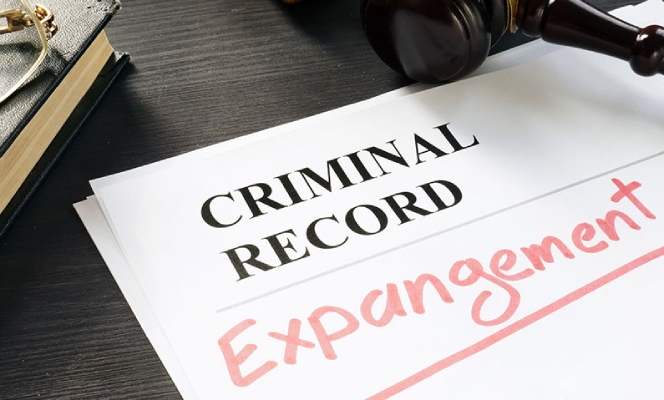When you petition a court for your criminal conviction and/or arrest history to be basically “forgotten” this process is referred to as an expungement. Another way to to think about it is like this: The Court that previously entered the conviction or that your arrest went to is setting aside the criminal conviction or, in the eyes of the law, erasing what is on your criminal record.
When it comes to criminal expungement, for a person with a past arrest or conviction on their criminal history, this legal process can be life-changing – it offers them a new chance at a clean start in life. This person can now stop worrying that the hardships from their past – legally at least – will follow them. They can enjoy a freer way of life.
Let’s look closely at expungement on a basic level. If you need help interpreting what exactly is available or possible for you with your specific criminal record it is best to seek formal legal advice. We’ll introduce you to someone who can help you with that later.
Criminal Expungement – The Legal Effect
Legally, a person no longer has to disclose an incident that has been expunged from their record once the process of expungement is completed. (There are limited exceptions.)
The benefits of getting an expungement: It can be very helpful with things like the application you fill out when applying for a new job, new apartment, applying for classes, etc.
If you’re applying for a job as a federal contractor or any type of employment with the federal government, however, it works a bit differently.
What Crimes can be Expunged?
Depending on the jurisdiction, how those prior criminal records are handled can differ during the expungement process. In some cases, the dissemination or release of records is prohibited. In other cases, the person’s records are purged from the county and state’s record keeping systems, and the physical copies of the court’s documents relating to the matter are destroyed. Further, in some instances, you may be entitled to deny the existence of records through the legal protection provided by expungement without fear of committing perjury.
In Indiana to petition a court to expunge an adult criminal conviction or arrest history you are required to prepare a court filing called a “petition,” which can be a complicated process, while some other case types – such as with juvenile arrest records – are automatically sealed. In addition, Indiana recently passed new laws regarding the expungement process that will make expungement a process done automatically by a court in certain situations after the requisite period of time has passed for cases charged after June 30, 2022. You will need to speak with a lawyer to see if any of your cases fall under the special circumstances of these new laws.
Do bear in mind, that no matter how much your legal record is erased from public records, in some cases, the offense or crime may not be erased from the minds of others who may have participated in the case as an attorney, or maybe a victim, or from your own – unfortunately, this is the one area expungement cannot work its seeming magic.
Finer Details of Criminal Expungement
Can your record be expunged? In addition to getting the advice of a lawyer, a number of aspects will weigh in regarding the answer to that question. They will include:
- Do you have any additional criminal history?
- How much time has passed since your initial arrest or your completed sentence for a given conviction?
- What was the nature of the crime for which you were convicted or arrested?
- What is the “jurisdiction” in which the offense took place, meaning – what was the geographic location?
- How old were you when the offense occurred?
- What is the underlying charge you were arrested for or convicted of?
- What was the outcome of the case?
Regardless of your answers to the questions listed above, your best bet for getting your criminal expungement process moving and successfully granted is to hire the best legal counsel you can.
Looking for a Criminal Expungement Lawyer? Get Help from The Law Office of Jesse K. Sanchez
Looking to have your past convictions expunged? Are you wondering which offenses are eligible to be petitioned for an expungement now, and which are not? We can help. No matter what kind of trouble you’re facing – you need a dedicated criminal defense lawyer. Contact us at (317) 721-9858.




